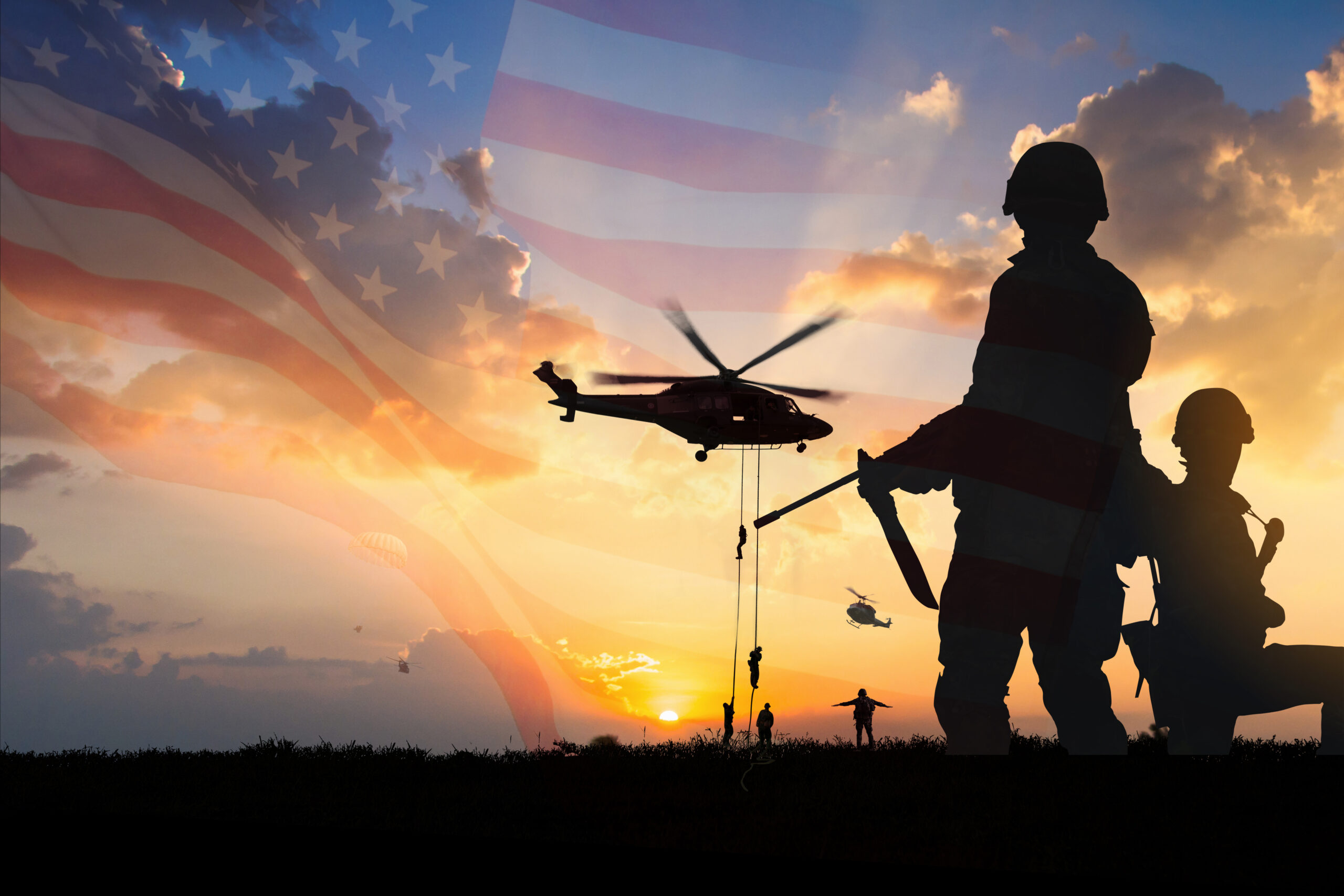A Life in the Sky—and in the Fire
For two decades, I had the privilege of serving as a United States Marine Corps F/A-18 pilot. I flew over 4,700 hours, completed five combat tours, and led missions in some of the most demanding environments on Earth. Every time I strapped into that aircraft, I knew I was stepping into a world where anything could happen. You train for it, prepare for it, live it—but it still tests you in ways you never fully expect.
Flying through fire isn’t just about dodging enemy rounds or navigating dangerous terrain. It’s about courage—the kind that comes from within, and the kind that grows when you know others are counting on you. It’s about the unspoken bond between those who serve beside you. And perhaps most importantly, it’s about learning how to carry all of that experience with you when you finally come home.
What Courage Really Looks Like
People often assume courage means fearlessness. I’ll tell you right now—it doesn’t. I’ve felt fear many times in the cockpit. Courage is what you do with that fear. It’s making the call when the stakes are high. It’s pushing forward when your instincts say to pull back. It’s trusting your training, your teammates, and yourself in the moments that matter most.
In combat, courage shows up in quiet ways. It’s the pilot who flies into heavy fire to support ground troops. It’s the crew chief who works through the night to keep a bird in the air. It’s the young lieutenant making tough calls with limited information. Courage isn’t a grand gesture—it’s often just showing up and doing your job, knowing full well the risks.
That mindset follows you long after the flight is over. In life, courage might mean speaking up when it’s hard, standing by someone going through a struggle, or facing your own demons head-on. The battlefield may change, but the courage you learn there stays with you forever.
Camaraderie: The Brotherhood in the Sky
One of the most powerful things about military aviation is the bond between the people who live it with you. Pilots, maintainers, support crews—everyone becomes part of the mission. When you’re deployed, thousands of miles from home, those people become your family.
There’s something special about the trust built in the cockpit. You rely on your wingman completely—sometimes without exchanging more than a few words. You know they’ve got your back, and they know you’ve got theirs. That kind of connection doesn’t disappear when the mission ends. It lasts.
Even now, years after I’ve retired, I stay in touch with many of the men and women I served with. We may live in different states or countries, but that shared experience ties us together in a way few others understand. It’s a brotherhood and sisterhood forged in fire—and it’s one of the things I treasure most about my time in uniform.
The Challenge of Coming Home
Transitioning from combat missions to civilian life wasn’t easy. One day you’re flying at high speeds, responsible for multi-million-dollar aircraft and life-or-death decisions. The next, you’re trying to figure out how to navigate traffic and pick the right phone plan. It can feel like stepping into a different world—and it’s jarring.
For many veterans, the hardest part of coming home isn’t leaving the uniform behind—it’s redefining purpose. In the military, your mission is clear. There’s structure, direction, and a shared goal. Out here, you have to build that for yourself. That takes time, and it takes patience—something we’re not always good at.
I found healing and purpose through family, hobbies like golf and fishing, and staying connected with fellow veterans. I also learned that it’s okay to ask for help. That kind of vulnerability might seem foreign after years of wearing a flight suit, but it’s just another form of courage.
Carrying the Mission Forward
Even though I’m no longer flying combat missions, I still carry the lessons from those days with me. Courage, discipline, loyalty, humility—those things don’t fade with time. They show up in how I treat people, how I face challenges, and how I live each day.
And that’s something I try to share with others—especially young people, fellow veterans, or anyone navigating a tough time. You don’t need to fly jets or serve in combat to live with purpose. You just need to show up for others, hold yourself to a high standard, and lead with your heart.
Final Thoughts
Flying through fire changed me. It tested every part of who I was and made me stronger in ways I didn’t expect. But coming home—and finding peace after the storms—is just as much a journey. I’m proud of what I did in the skies. I’m proud of the people I served with. But I’m also proud of the life I’ve built since—one rooted in reflection, gratitude, and continued service in a different form.
If there’s one thing I’ve learned, it’s this: Courage doesn’t stop when the battle ends. Camaraderie doesn’t fade when you leave the base. And coming home—truly coming home—isn’t about forgetting the past, but carrying it forward with strength, humility, and purpose.
